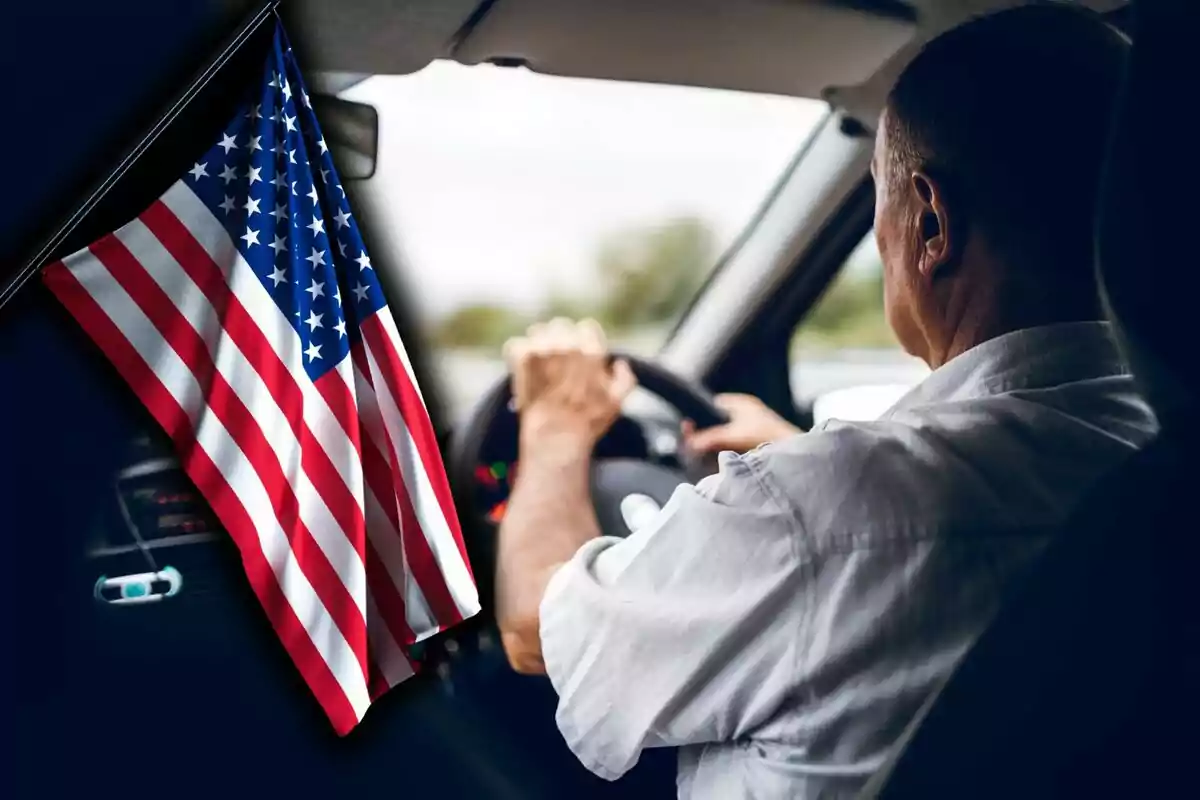For months, New York State has faced a dilemma that stretches across its highways and tunnels. Thousands of drivers seem to have found very creative ways to dodge the cashless toll system. What began as a measure to speed up traffic has turned into a headache for authorities.
The situation has sparked an intense debate in the state Capitol. Lawmakers claim that the failure to comply with these rules jeopardizes revenue collection and maintenance budgets. Despite efforts, the number of violators keeps growing and exposes a public rejection of these measures.

What is happening in New York?
Governor Kathy Hochul hasn't hesitated to describe the problem as a reflection of urban crime. In her most recent statements, she compared toll evaders to those who commit crimes in the city. For Hochul, this behavior directly challenges the authority of the state and forces consideration of tougher penalties.
The proposals on the table are forceful. There is talk of increasing fines up to $500, authorizing police to stop those who use fraud devices, and imposing harsher punishments against the use of fake license plates. Political pressure is mounting because the budget allocated to infrastructure is directly affected.

The data show the magnitude of the problem. According to the State Thruway Authority, in just one year, more than $40 million have been lost due to nonpayments. The number of unbillable transactions went from 166,000 to more than 407,000 in 2023, a jump that alarms oversight agencies.
Methods to evade tolls
Evasion isn't limited to simple nonpayment; drivers have developed sophisticated techniques to trick the system. Among them are unregistered plates, remote-controlled devices, and magnetic sheets that hide the digits at will. In some cases, they even scratch numbers to confuse the cameras.
Patrick Orecki, from the Citizens Budget Commission, warned that these acts directly affect the road maintenance budget. He explained that every dollar lost forces an increase in rates for those who do comply with the law. This creates a chain reaction that ends up impacting the entire population.
Andrea Stewart-Cousins, leader of the state Senate, also expressed her concern about this growing pattern. She stated that the level of evasion is alarming and exposes the lack of acceptance of a system that aimed to simplify traffic. For her, this is a problem of public trust that threatens to worsen.
The Metropolitan Transportation Authority confirms the same scenario. Its president of bridges and tunnels, Cathy Sheridan, pointed out that unbillable transactions have skyrocketed since 2019. She also warned that not only are tolls at risk, but so is the effectiveness of other road control systems, such as speed cameras and red-light cameras.

